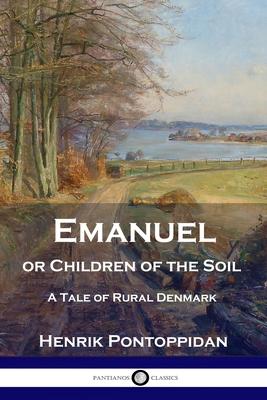Emanuel or Children of the Soil tells the story of the rural Danish peasantry, through the eyes of the protagonist; an educated member of the clergy whose career begins at a time of Denmark's social upheaval.
The emerging new ideologies of socialism, the shifting role of the church in traditional society, and the differing attitudes of the ordinary rural Danish people provide an illuminating atmosphere. Emanuel is a bright and diligent young clergyman who is posted to a quiet village under the local Provst. The young fellow's growing bond and sympathy with the local peasantry, and his feelings to a young daughter of a local farmer, cause a rift between Emanuel and his overseer.
At first glance, Children of the Soil is a simple rural drama in the Victorian mold - however, the author is keen to emphasize how the conflicts are symbolic of the changes gripping Denmark in the 19th century. The traditional role of the church is on the cusp of reform, as growing class consciousness and the nascent movement for social change and emancipation, plus industrialization and technological change, puts Danish society on the road to great change.
